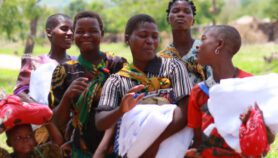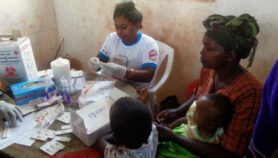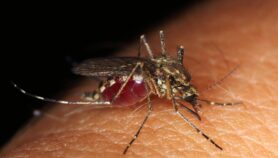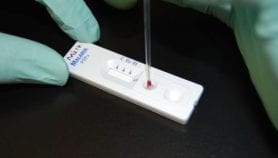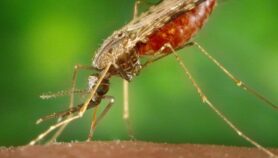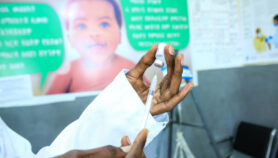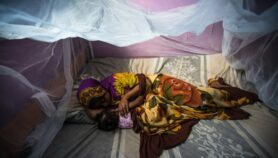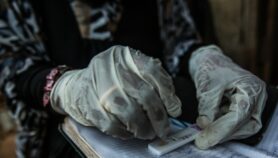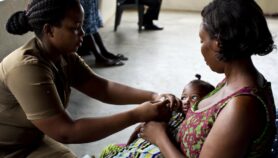24/03/21
People shun malaria testing over ‘COVID-19 fears’
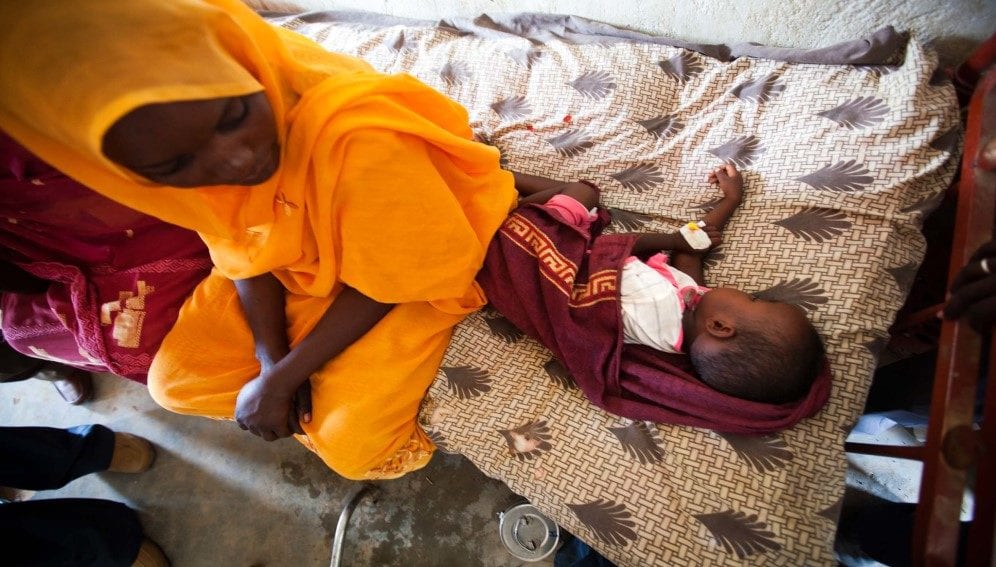
By: Joe Ombuor
Send to a friend
The details you provide on this page will not be used to send unsolicited email, and will not be sold to a 3rd party. See privacy policy.
[NAIROBI] The COVID-19 pandemic has prevented almost a third of people in Sub-Saharan Africa suffering from a fever from accessing malaria treatment in health facilities, health experts say.
Malaria continues to be a major global health challenge, with six African countries including Nigeria and Tanzania accounting for around half the 409,000 people globally who died from the disease in 2019, according to the World Health Organization (WHO).
“[About] 31 per cent of people with fever in Sub-Saharan Africa did not get access to health facilities.”
Kalu Akpaka, WHO Regional Office for Africa
At a virtual media briefing organised by the Roll Back Malaria Partnership and the African Media and Malaria Research Network last week (15 March), experts said that many people are falsely associating fever solely with COVID-19. This contributed to an increase in the number of malaria deaths in 2020 of more than 40,000 globally from the previous year.
“Thirty-one per cent of people with fever in Sub-Saharan Africa did not get access to health facilities due to lockdowns and fear of being exposed to the [COVID-19] pandemic while a similar percentage of those who accessed [malaria treatment] did not get tested,” said Kalu Akpaka, WHO regional malaria advisor for Africa.
He added that communities must be made to understand that malaria prevention starts with individuals protecting themselves against mosquito bites and not taking drugs blindly without testing when they develop a fever.
“Parents with children under five [years] and communities in general must make it their responsibility to ensure sick people get medical help as soon as symptoms show,” added Aboubacar Kampo* director, health section, programme division at UNICEF. “It is imperative that fever cases are rushed to health facilities without delay for testing and treatment if the ever-rising incidence of malaria is to be checked.”
Kampo called for a stop to diverting malaria funds to control COVID-19. “It is now that more funds need to be channelled in the direction of malaria, independent of COVID-19,” Kampo urged, adding that diverting funds to address COVID-19 would create an impression that malaria is a lesser disease.
Akpaka described it as regrettable that fear of contracting COVID-19 and lockdowns in response to the global pandemic have kept many people away from health facilities, leading to deaths from other diseases including malaria.
“Health workers today are not only well trained to safely handle other diseases alongside COVID-19 but have been provided with personal protective equipment to enhance their safety and that of patients. There is nothing to fear,” Akpaka explained.



He urged civil society to educate the public to help mitigate the impact of COVID-19 and other diseases and encourage vaccination.
“Vaccines pass in the able hands of a large group of scientists for scrutiny before they are approved for use. They are cheap, effective and the surest way to eradicate diseases. That is why children go through mandatory vaccination to keep common infections at bay,” said Akpaka.



Kampo said that a pilot malaria vaccine project trialled in Ghana, Kenya and Malawi has ruled out adverse effects, but did not specify when the vaccine will be available for rollout. In 2019, WHO said the vaccine pilot programme would continue for four years, making 2023 the possible year of rollout.
*Correction
*The surname of Dr. Aboubacar Kampo of the UNICEF was incorrectly spelt in the story. We have corrected that to give the correct spelling.
We also deleted a quote that was erroneously attributed to Dr. Kampo. Corrections were made on 23 March and 24 April, 2021.
This piece was produced by SciDev.Net’s Sub-Saharan Africa English desk.


